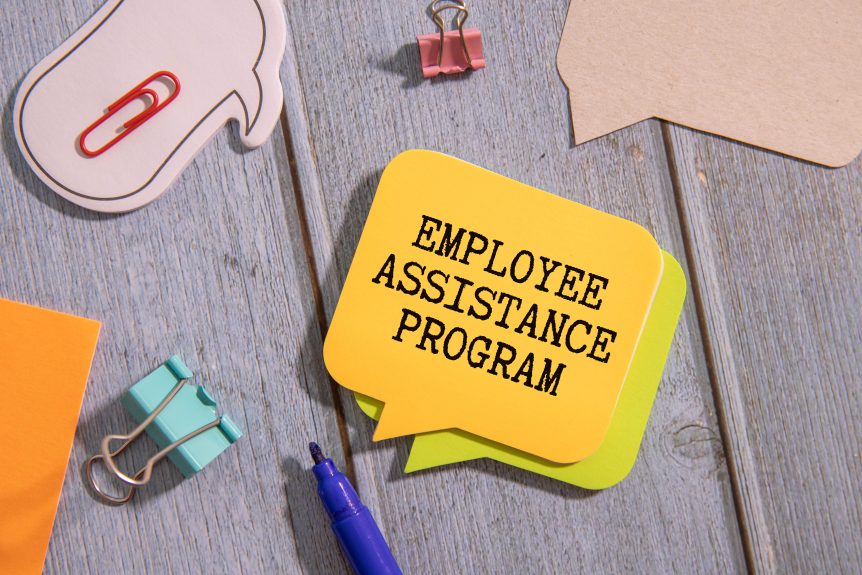Employee Assistance Programs (EAPs) are an essential part of modern workplace environments, offering invaluable support and resources to employees dealing with personal challenges. In today’s high-pressure work culture, the significance of EAPs in promoting mental health, work-life balance, and overall well-being cannot be overstated. This article aims to provide a comprehensive understanding of EAPs, their scope, and the benefits they bring to both employees and employers.
What is an EAP?
An Employee Assistance Program (EAP) is a workplace initiative designed to assist employees in managing a wide range of personal issues that may impact their performance, health, and overall well-being. These programs offer confidential and professional support to employees, including access to counseling, mental health services, legal and financial consultations, and resources to address various life challenges. The primary objective of EAPs is to provide a safe space for employees to seek assistance and guidance in dealing with personal issues that might affect their work and life.
Supporting Employee Mental Health
Mental health support is a cornerstone of EAP services. With the growing awareness of mental health challenges in the workplace, EAPs play a vital role in providing employees with access to confidential counseling services, resources for managing stress and anxiety, and strategies for maintaining emotional well-being. By addressing mental health concerns, EAPs contribute to a healthier and more resilient workforce.
Addressing Substance Abuse and Addiction
EAPs also serve as a crucial resource for addressing substance abuse and addiction issues among employees. By offering confidential support and resources, EAPs help employees navigate the challenges of alcohol and drug dependencies, providing access to treatment options and recovery support. This proactive approach not only benefits affected employees but also contributes to creating a workplace environment supportive of individuals in recovery.
Promoting Work-Life Balance
Work-life balance is a key component of employee well-being, and EAPs play a pivotal role in promoting this balance. They provide employees with tools and resources to effectively manage their work responsibilities while also addressing personal commitments and challenges. By supporting work-life balance, EAPs contribute to reduced stress, improved job satisfaction, and overall productivity.
Enhancing Financial and Legal Wellness
EAPs offer support not only for mental and emotional well-being but also for financial and legal concerns that may impact employees. Access to resources for financial planning, debt management, legal consultations, and related issues empowers employees to address these challenges effectively, promoting greater peace of mind and stability in their personal lives.
Creating a Supportive Workplace Culture
Employers who invest in EAPs demonstrate their commitment to prioritizing the well-being of their employees. By providing access to these programs, organizations create a culture that values and supports the holistic health of their workforce, thereby fostering a positive and inclusive environment where employees feel cared for and appreciated.
In conclusion, Employee Assistance Programs are a fundamental resource for modern workplaces, offering support for employees’ mental health, work-life balance, and personal well-being. These programs not only benefit individual employees by providing confidential assistance and resources but also contribute to creating a healthier, more supportive, and productive workplace environment. As the conversation around employee wellness continues to evolve, the importance of EAPs in supporting employees’ personal and professional growth remains undeniable.

